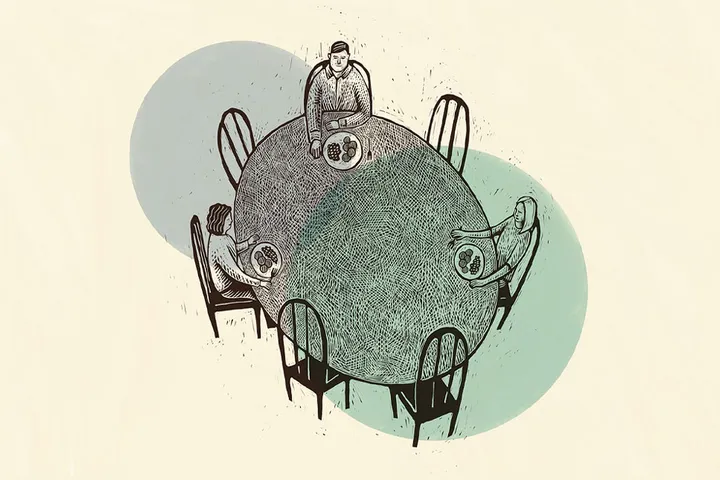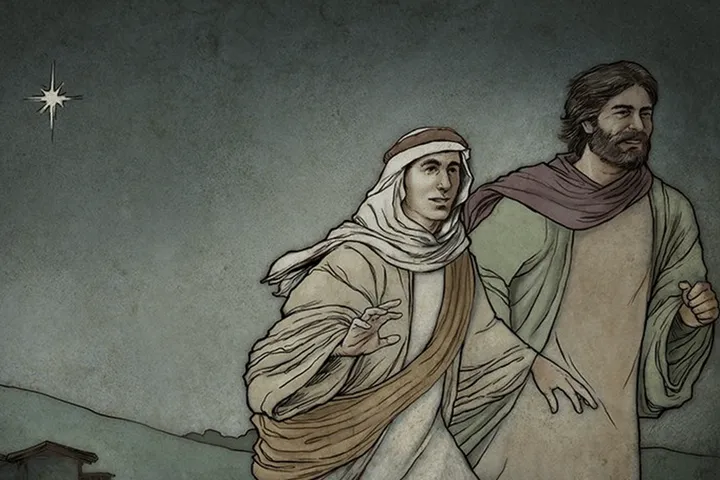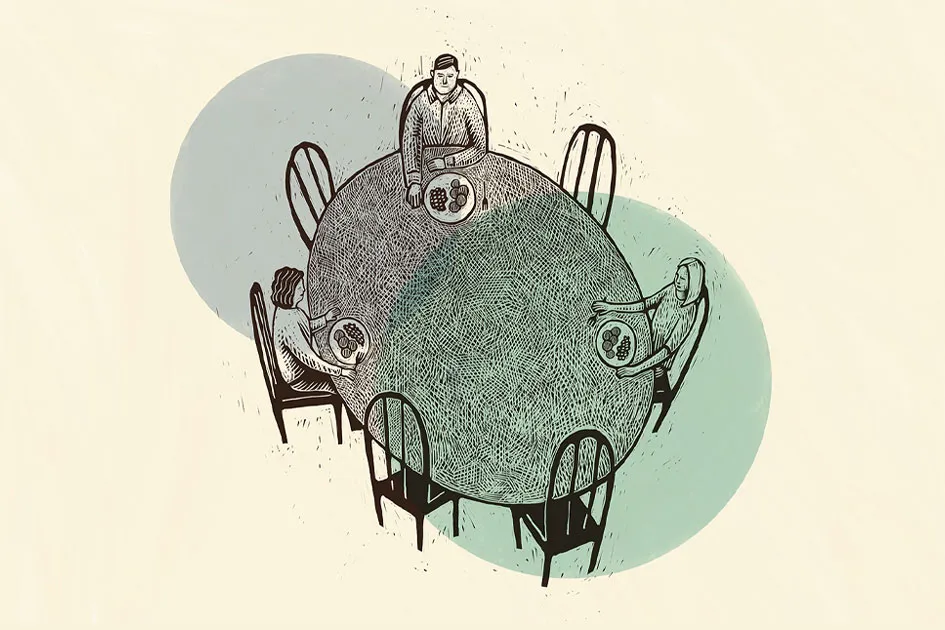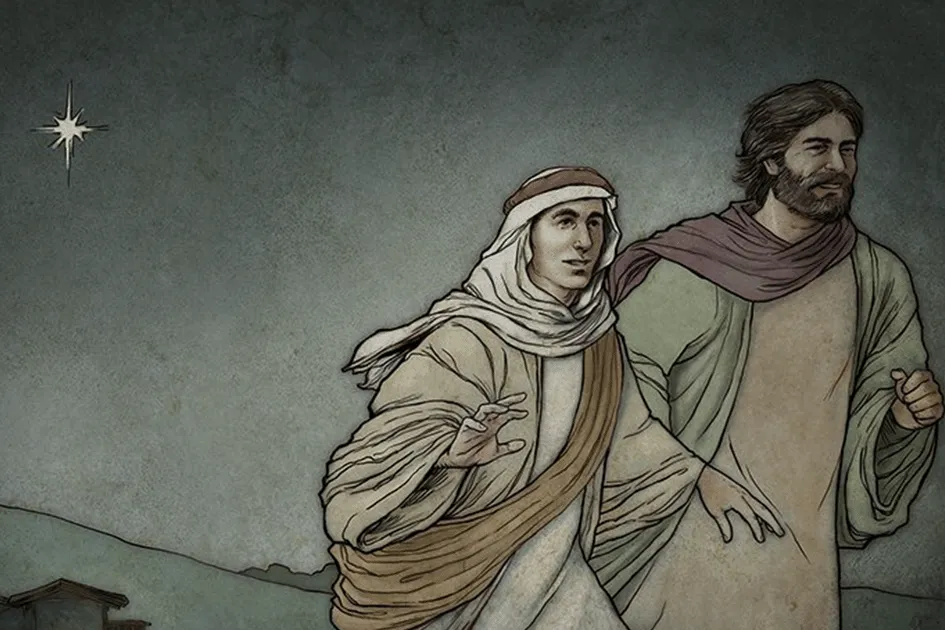Everyone wants to be free, but the Bible teaches us that physical freedom isn’t the most essential type. We’re truly free when we love, forgive, make peace with others, and above all, have a relationship with Jesus—the One who makes it all possible. But that doesn’t mean we’re completely unbound. Paul’s letter to Philemon hints at the strange give-and-take believers experience between freedom and something quite unusual: voluntary imprisonment.
 Illustration by Abbey Lossing
Illustration by Abbey Lossing
BACKGROUND
Onesimus is a slave who escaped from Philemon’s household and then received the gospel through Paul. The apostle, under house arrest in Rome, writes to Philemon, asking him to forgive their new brother in Christ.
READ
Philemon 1:1-25
REFLECT
Following Christ comes with responsibilities that can feel impossible at first.
We’re tasked with sharing the gospel and then helping the new believers grow in Christlikeness (Mark 16:15; Col. 2:5). This is why Paul refers to Onesimus as a “son” he “fathered” (Philem. 1:10). In your experience, how is the relationship between believers and those who minister to them like that of parent and child? Pause to pray for someone who was instrumental in leading you to faith.
At salvation, we receive forgiveness from God for all our sins. But that doesn’t mean people we’ve harmed have forgiven us or that all prior problems have been resolved. We have a responsibility to attempt reconciliation with those we’ve hurt. Here, Paul sends Onesimus back to his master (v. 12). Why might that be challenging for each of them? What do they stand to gain? Ask the Lord if He is calling you to resolve a matter from your past.
Paul wants his friend to show love out of free will, not compulsion (v. 14). Give some reasons why it is better for Philemon to forgive voluntarily. How will doing so help him grow spiritually in ways that obligatory “forgiveness” will not? How do you think his relationship with Onesimus will be different as a result?
CONTINUING THE STORY
Paul offers to pay Onesimus’s debts to facilitate the two men’s reconciliation.
Paul asks Philemon not only to release Onesimus from slavery but also to accept him as a brother in the Lord and even a partner in kingdom service (vv. 16-17). He refers at first to Philemon’s “love and … the faith which you have toward the Lord Jesus and toward all the saints” (v. 5). Explain the role these qualities would play in making such forgiveness possible.
Reread verses 18-19. In what way does Paul, with his offer to pay what Onesimus owes, become a picture of Christ? What other Christlike roles does Paul play in this situation?
Though he is under house arrest by the Roman government, Paul—not once but twice—refers to himself as “a prisoner of Christ” (vv. 1, 9). How does this phrase shed light on the apostle’s values? What does his true imprisonment demand of him? Try answering these same questions for yourself, giving Jesus thanks for His “easy yoke” (Matt. 11:30 NIV).
REFLECT
As prisoners of Christ, we experience the truest freedom.
We willingly choose to follow Jesus, but in doing so, we place ourselves under His yoke. For all three men, obedience was involved—as well as something more. Being a “prisoner of Christ” required an act of forgiveness from Philemon, bravery from Onesimus, and peacemaking from Paul. Consider the beauty of your own voluntary imprisonment, and allow it to lead you into a deeper, more fulfilling relationship with the Lord.





